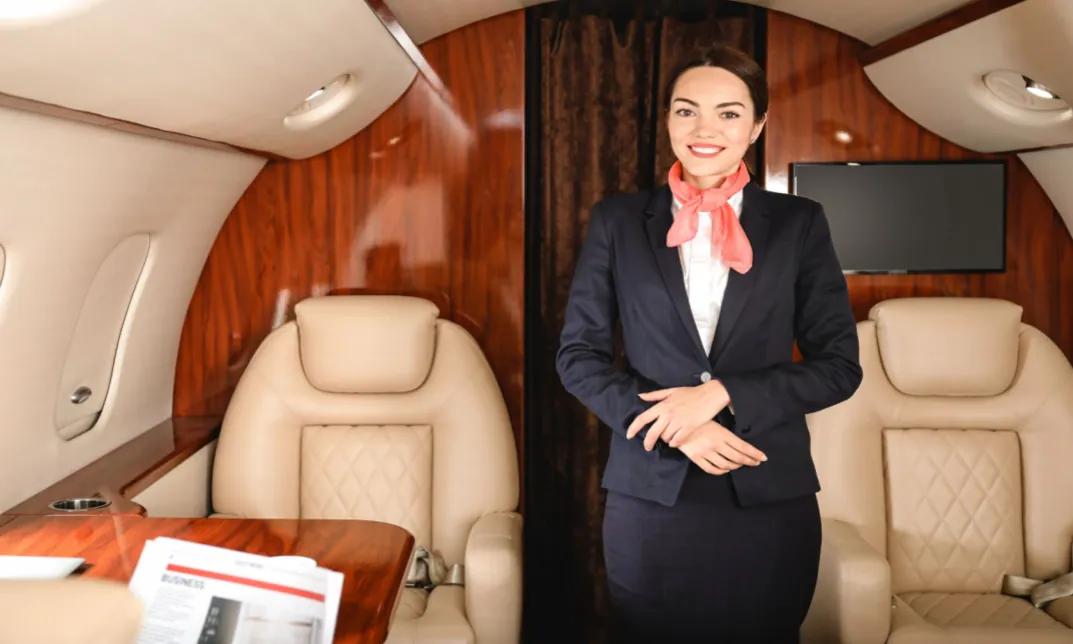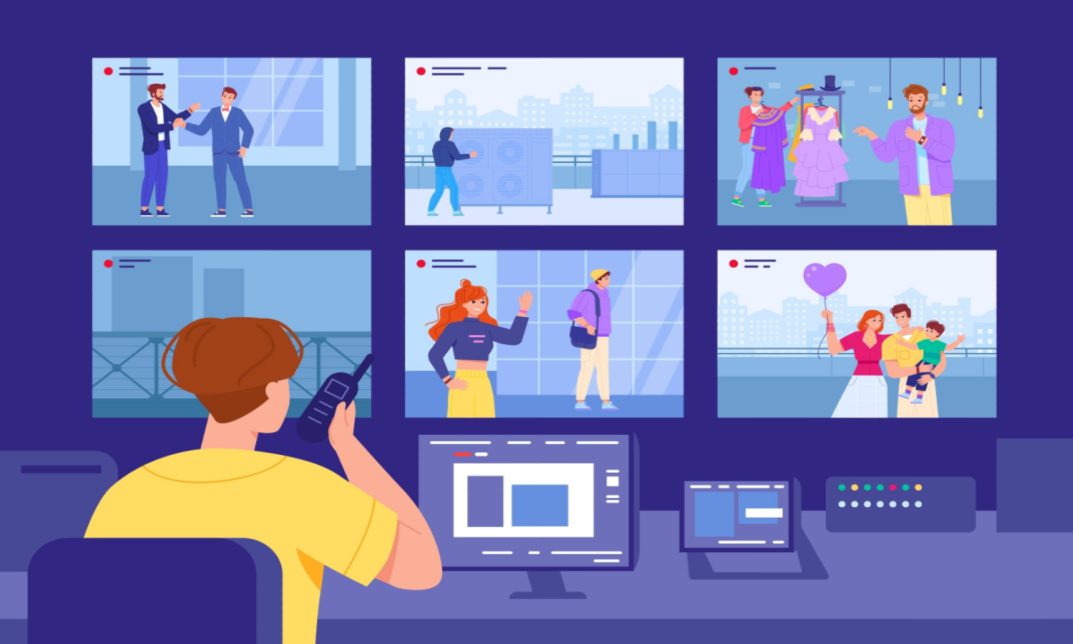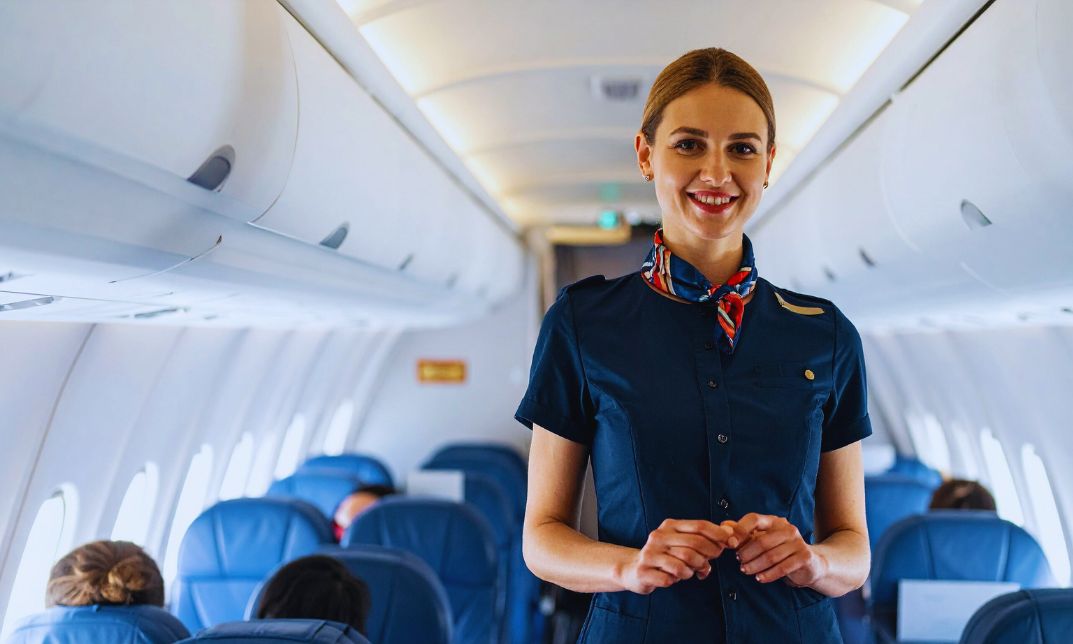Working for British Airways sounds like a dream—travelling to new places, meeting new people, and enjoying great travel perks. But before you apply, you might be wondering: how much do BA cabin crew earn? Well, when you start, the base pay is about £16,800, and with flying pay, allowances, and bonuses added, most first-year crew take home £21,000–£25,000+.
To help you understand it all clearly, in this guide, we’ll break down training pay, first-year earnings, perks, and smart tips to boost your income—so you can start your BA cabin crew journey confidently and strong.
How Much Do BA Cabin Crew Earn in Training?
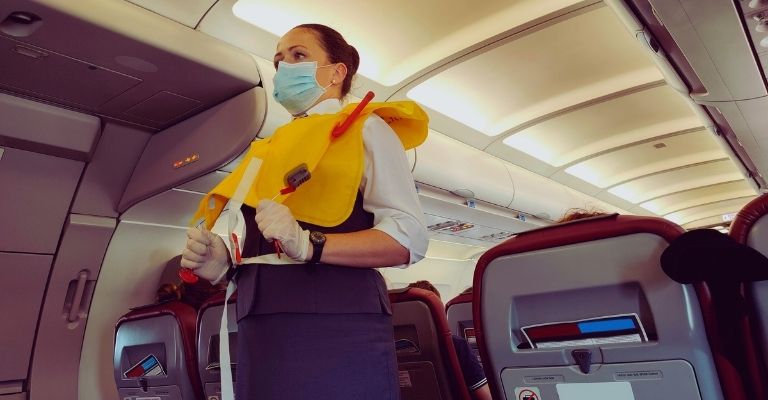
When you first join British Airways, your training pay is usually around £16,800 a year. At this stage, you’re mostly learning and not flying yet, so your pay is just the base—sometimes a little less during the training period.
But once training is over and you start flying, your pay increases with allowances, flight duty pay, and bonuses, giving a much clearer picture of what you can earn in your first year.
BA Cabin Crew First-Year Pay
Once you finish training and start flying, most new BA cabin crew take home around £21,000–£25,000 in their first year. That includes your basic pay, flying pay, allowances, and bonuses. If you’re based at Heathrow, your first-year package can sometimes go up to £30,000, depending on how many hours you fly, the routes you get, and how many overnight stays you do.
So, if you’ve been asking yourself how much BA cabin crew earn in their first year, this gives you a good idea of what to expect starting out as a British Airways flight attendant.
Want to see a breakdown of the monthly pay? Check out our full guide: How Much Is the British Airways Cabin Crew Salary Per Month?
What Makes Up Your First-Year Earnings?
Your first-year pay as a BA cabin crew isn’t just one number—it comes from several parts:
- Basic salary – This is your starting pay, usually around £16,800, paid even when you’re not flying.
- Flight Duty Pay (FDP) – You get extra money for every hour you spend flying.
- Overnight allowances/per diems – If you stay overnight away from your base, you get extra to cover meals and small expenses.
- Commission/onboard sales bonus – Sell products on the flight? You can earn a bit extra from commissions.
- Overtime/disruption pay – Sometimes flights change or get delayed. You can earn extra money to cover extra hours.
In short, your first-year pay follows a simple BA formula: basic pay + flight duty pay + allowances, with plenty of chances to earn more through bonuses, commissions, and extra shifts. It’s a flexible system that rewards your hard work in the skies.
What Affects Your First-Year Earnings?
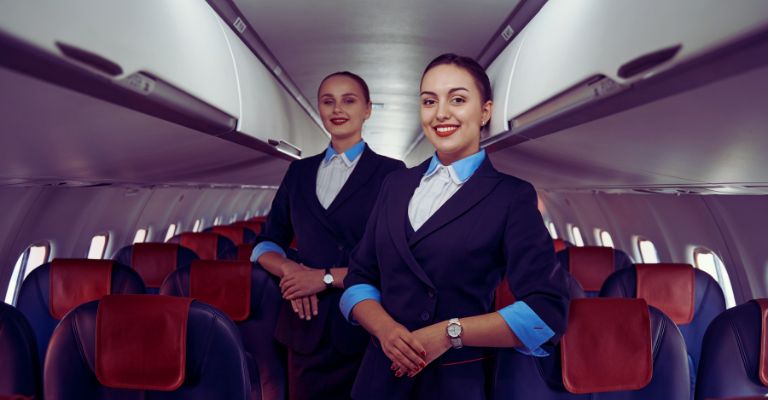
How much you earn in your first year as a BA cabin crew member depends on a few key things:
- Base location – Heathrow, Gatwick, or City can affect pay opportunities.
- Route types – Long-haul flights usually bring in more than short-haul.
- Flying hours – More hours mean higher flight duty pay.
- Overnight layovers – Each overnight stay adds allowances for meals and expenses.
- Overtime/disruption pay – Extra shifts or covering delays boost your earnings.
How Training Affects Your First-Year Pay
During training, your pay is mostly just your base salary, which starts at about £16,800 a year. At this point, you’re learning the ropes, so there’s no flight duty pay (FDP) or overnight allowances yet. It can feel a bit low at first, but that’s normal.
Then the exciting part comes: once training is over and you start flying, your pay jumps. You begin earning FDP for every hour in the air, allowances for overnight stays, and even bonuses or commissions. That’s when your first-year earnings really start to grow, giving you a proper sense of what your job as a BA cabin crew can bring in.
Bonuses & Extra Pay for First-Year BA Cabin Crew
Your first-year pay at British Airways isn’t just your base salary. Actually, there are quite a few extras that can really boost what you take home.
Profit Share
BA has a profit-sharing scheme where you can earn up to 4% of your salary if the airline does well. So, when the company performs strongly, you get a nice bonus on top of your regular pay.
Overtime Pay
If you’re willing to pick up extra shifts or cover flights, you can earn overtime pay. For example, Heathrow sometimes offers up to £300 per extra shift, which is added to your normal pay. This is perfect if you want to make a bit more early in your career.
Onboard Sales Commission
Sell snacks, drinks, or duty-free items during flights? You earn 10% commission. That means the more passengers buy, the more money ends up in your pocket. Some crew even earn a few hundred extra pounds a month this way.
Overnight Allowances (Per Diems)
Whenever you stay overnight away from your base, BA gives you per diems to cover meals, transport and small expenses. This really adds up, especially on long-haul flights or trips with multiple overnight stops.
Flight Duty Pay (FDP)
For every hour you spend flying, you earn extra FDP. And long-haul flights pay more because they last longer, meaning you get more per trip.
Training Costs & Deductions During Year One
Starting as a BA cabin crew isn’t just about the pay—you’ll also have a few upfront costs to handle. For example, during training, you might need to cover:
- Uniforms – BA provides them, but sometimes you might need to pay for small items or adjustments.
- Training materials – Manuals, online lessons, or other learning tools can have small costs.
- Travel to your base – Getting to Heathrow, Gatwick, or your assigned base is usually on you.
- Accommodation – If you need to stay near the training centre, you might have to pay for temporary lodging.
So, even though your gross salary is around £16,800 during training, your take-home pay can be a bit lower after these costs. But don’t worry—most of these are short-term, one-off expenses, and once you start flying, your allowances, bonuses, and extra pay quickly make up for them.
Why CPD Courses Matter for BA Cabin Crew
CPD stands for Continuing Professional Development. In aviation and hospitality, it means taking courses or training to improve your skills, even after you start your job.
So, why does it matter for BA cabin crew?
- Boosts confidence – Learning extra skills like advanced customer service, safety, first aid, or cultural awareness makes you feel ready and confident in your first year.
- Sets you apart – Doing CPD shows initiative and helps you stand out from other new joiners, which is great for career growth.
- Increases earning potential – The more skills and certifications you have, the quicker you can move into senior roles and earn more.
Plus, CPD can help you handle stress, irregular hours, and tricky passenger situations—things every new crew member faces in their first year.
To get ahead in your first year, try the Air Cabin Crew Online Diploma Course from the School of Health Care. It’s CPD-accredited, flexible, and helps you stand out as a confident, skilled cabin crew professional.
Hidden Ways to Boost Your BA Cabin Crew Career and Income
Once you’ve settled into your first year, there are smart ways to earn more and grow in your job. Here’s how you can make the most of it:
Pick Busy or High-Demand Routes
Some flights are busier or need more experienced crew. By volunteering for these, you can get better flights, nicer layovers, and extra pay.
Take on Special Roles
BA sometimes needs crew for safety trainer assistants, mentoring new joiners, or special flights. Doing these jobs gives you extra money and valuable experience.
Keep Track of Your Earnings
Watch your commission, onboard sales, and flight duty pay. By paying attention, you can spot ways to earn more and show BA you’re serious about growing.
Learn Extra Skills
Besides CPD, taking short courses in languages, customer service, or emergency handling can help you get promoted faster. That means more money and better roles sooner.
Build Relationships
Get to know other crew and supervisors. This can help you get preferred flights, better layovers, and guidance from experienced staff—all of which help your career and pay.
In short, your first year is just the start. If you stay proactive, take extra opportunities, and keep learning, you can boost your earnings and set yourself up for a strong career at British Airways.
FAQs
1. Which airline pays Cabin Crew the most in the UK?
Emirates, Qatar Airways and British Airways often top the list, with long-haul airlines usually offering higher pay and perks.
2. How long is BA Cabin Crew training?
Training usually lasts about 7–8 weeks, covering safety, customer service, and emergency procedures.
3. Is BA Cabin Crew a good job?
Yes! It offers travel perks, career growth, and flexible work, but first-year pay is modest until you start flying.
4. Is BA Cabin Crew training hard?
It can be challenging because you learn safety, customer service, and emergency skills quickly, but most people handle it with focus and practice.
5. How much do BA Air hostesses get paid?
Starting pay is around £16,800, and first-year total earnings usually reach £21,000–£25,000+ with allowances, flight duty pay, and bonuses.
Final Thoughts
Starting as a BA cabin crew member is just the beginning of an exciting adventure. At first, your base pay is around £16,800, and first-year earnings usually reach £21,000–£25,000+ with allowances and bonuses. Knowing how much do BA cabin crew earn helps you plan your money, pick the best flights, and make the most of extra opportunities like shifts or training.
Plus, the first year is all about learning, gaining experience, and building trust. By taking every chance to grow, you’ll be on your way to a rewarding and successful career with British Airways.

